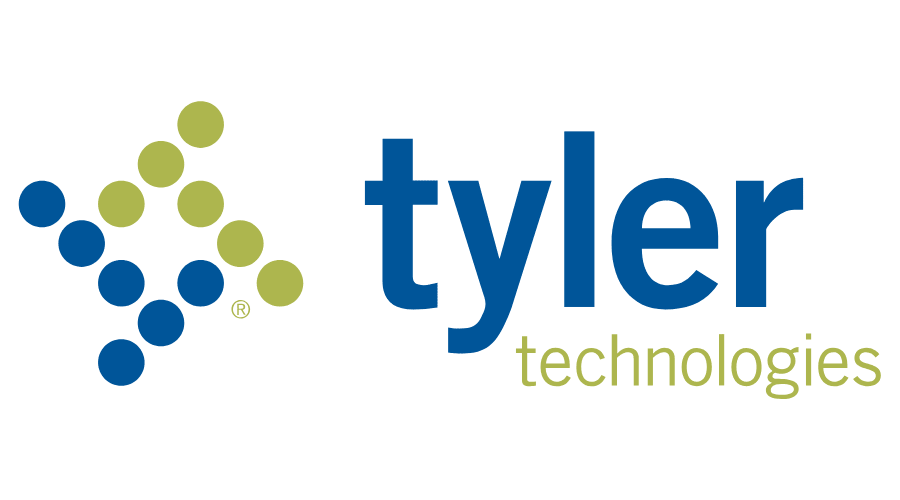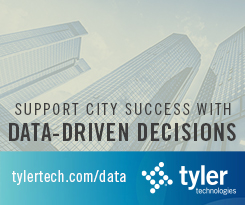
Photo: Ratz Attila | Dreamstime.com
Quality over quantity: The new era of local government open data
25 January 2023
During the first wave of open data, local governments typically published as many datasets as they could, with the goal of demonstrating greater transparency and driving innovation.
As they reflect on their experience so far and refine future goals, many cities, counties and states are now shifting their approach.

“It’s increasingly about quality over quantity,” said Christopher King, Director, State & Local Government, Data & Insights Division at Tyler Technologies. “Governments are thinking more about the value, quality and usability of the data, rather than publishing data for the sake of it.”
Several trends are driving this. Some cities have found that publishing large amounts of open data does not in itself spur innovation at scale. Others are realising that there is a need for a mix of both public and private data to achieve shared societal goals such as cutting carbon emissions. The main issue, says King, is trust.
“Governments are trying to build greater trust with the community and internally around using data,” he commented. “Striving to make sure that the public is engaged and trusting of what is going on is a great step in the right direction.”
These factors are spurring more local governments to focus on data governance issues such as quality, completeness and metadata.
Data governance in action
King County, Washington is building an open data repository that includes hundreds of datasets on everything from permits and licensing to pets.
Data Solutions Architect Paul Alley works with departments to publish data and stresses the importance of trust to successful open data programmes. Speaking on a webinar, he said that achieving this is a “long arc” with no shortcuts.
If there is a lack of trust around data quality, ownership, discovery or automation, data publishers will become risk-averse. This can reduce transparency and means governments have to be reactive to time-consuming data tasks such as Freedom of Information Act (FOIA) requests, rather than being proactive and anticipating data requirements.
The county is investing heavily in curating data and building data quality through good governance.
Alley said: “Growing your [open data] inventory is important, onboarding agencies is important but if I had to choose between having one high quality dataset or 500 low quality datasets, I’ll choose the portal with the one [dataset]. I always prefer quality over quantity.”
He added that in some cases curation and culling can mean an organisation’s open data inventory temporarily shrinks, but longer-term, results and trust will be more sustainable.
Gaining support
Alley’s team worked with the King County Sherriff’s Office, for example, to improve their data-sharing. Traditionally, incident and crime data had been shared via CSV files uploaded intermittently – often with variations in formatting.
The county invested in a data hub for the Sherriff’s Office – one of several it is building across departments – which brings together numerous data sources into a central system.
This, says Alley, resulted in not only some of the highest quality datasets that the county has, such as offence reports, but also better analytics and real-time insights for the Sherriff’s Office. These clear benefits helped the initiative gain traction.
In another example, the state of Washington is focusing on data trust, guided by three principles: quality data, user experience, and agency experience. The state partnered with the Washington State Library to create policies around cataloguing, as well as adding and removing data from the open data portal. This partnership resulted in a public-facing document that explains the policies so users can trust that the collection and removal standards are fair and meet community needs.
Messaging
As cities embark on data governance programmes, King notes that good communication is also crucial.
“If you don’t get the messaging right, it can come across like you’re manipulating the data,” he commented.
King has regularly highlighted the importance of ‘storytelling’ to provide context alongside data.
“I am now hearing of some governments publishing ‘data stories’ on everything related to data governance improvements and clean-ups,” he said. “They’re walking the public through it and explaining the value of the efforts for everyone.”
You can’t manage what you don’t measure – establishing the right metrics and breaking data out of silos is key. Learn more about how Tyler Technologies can help your city.












